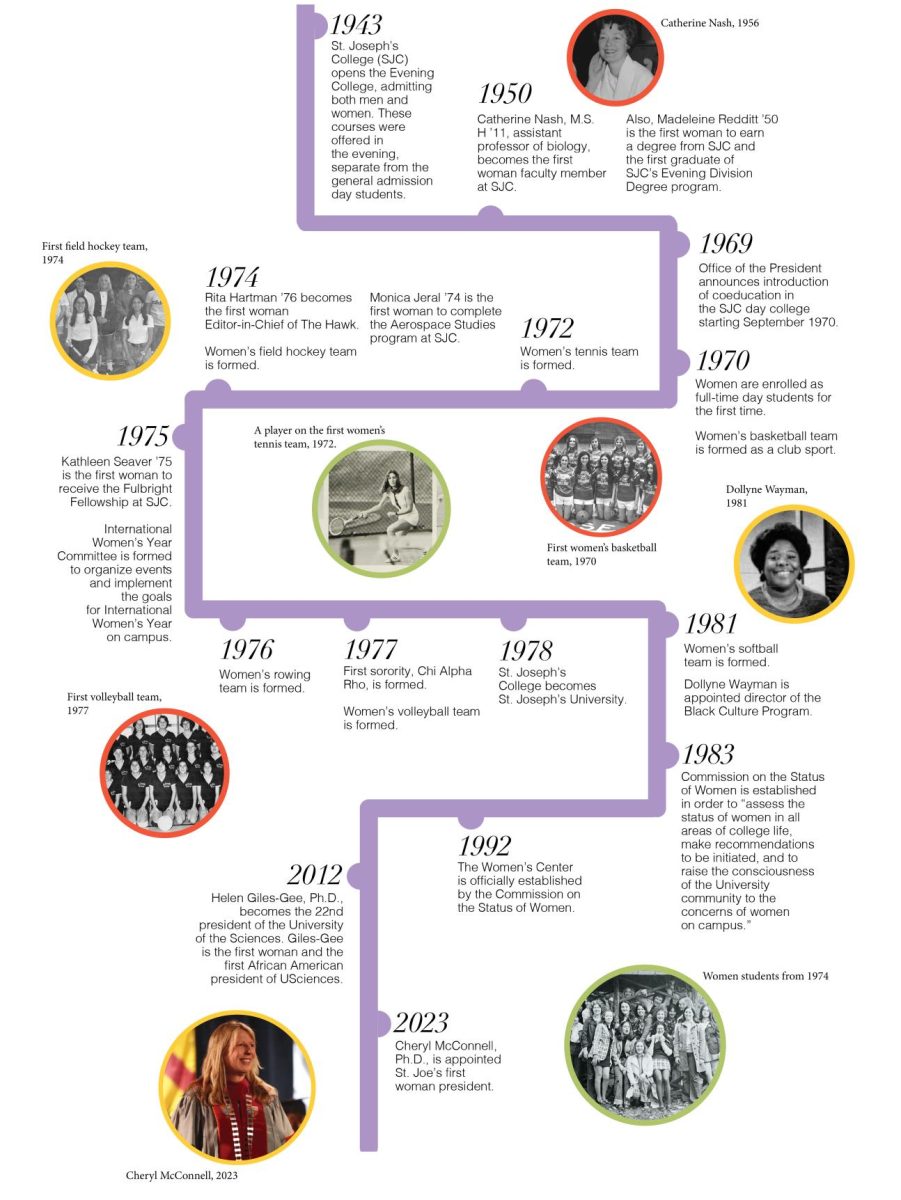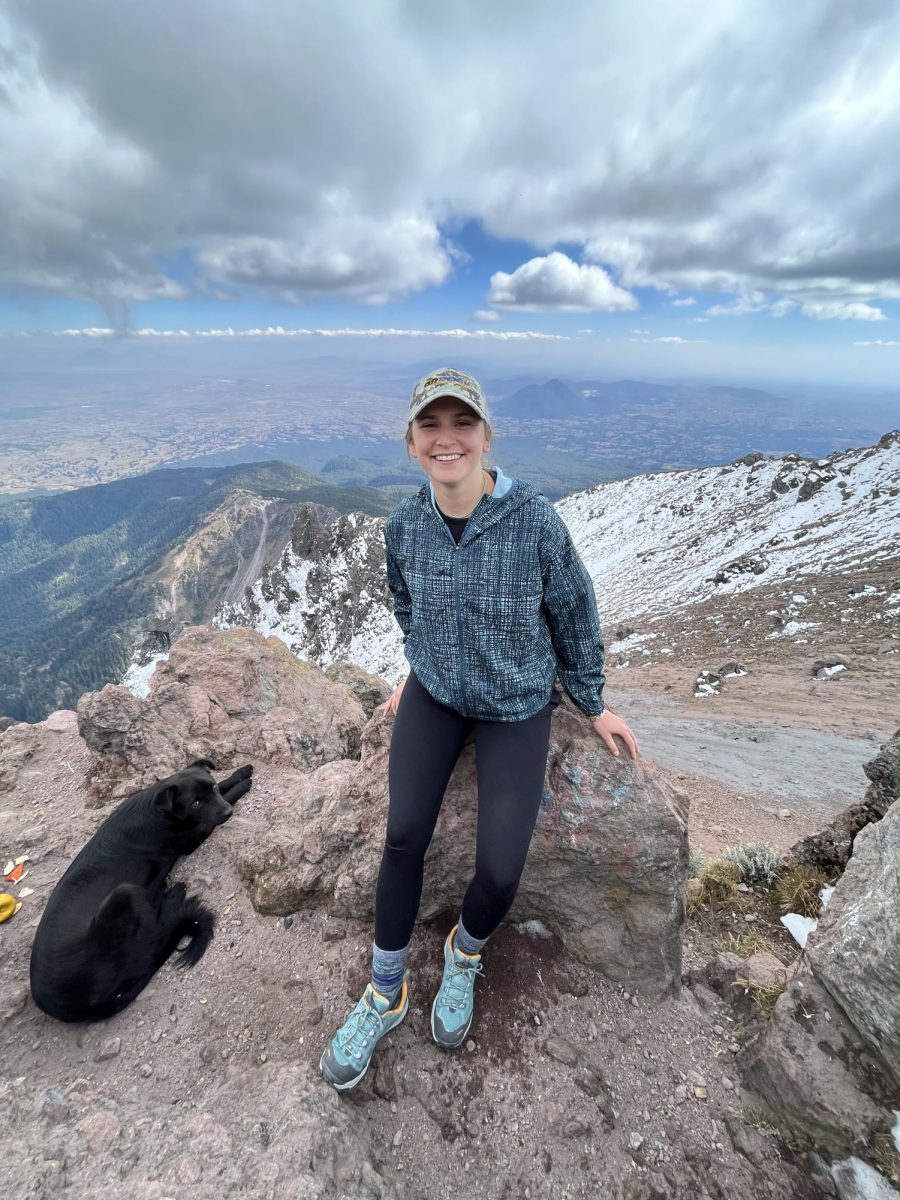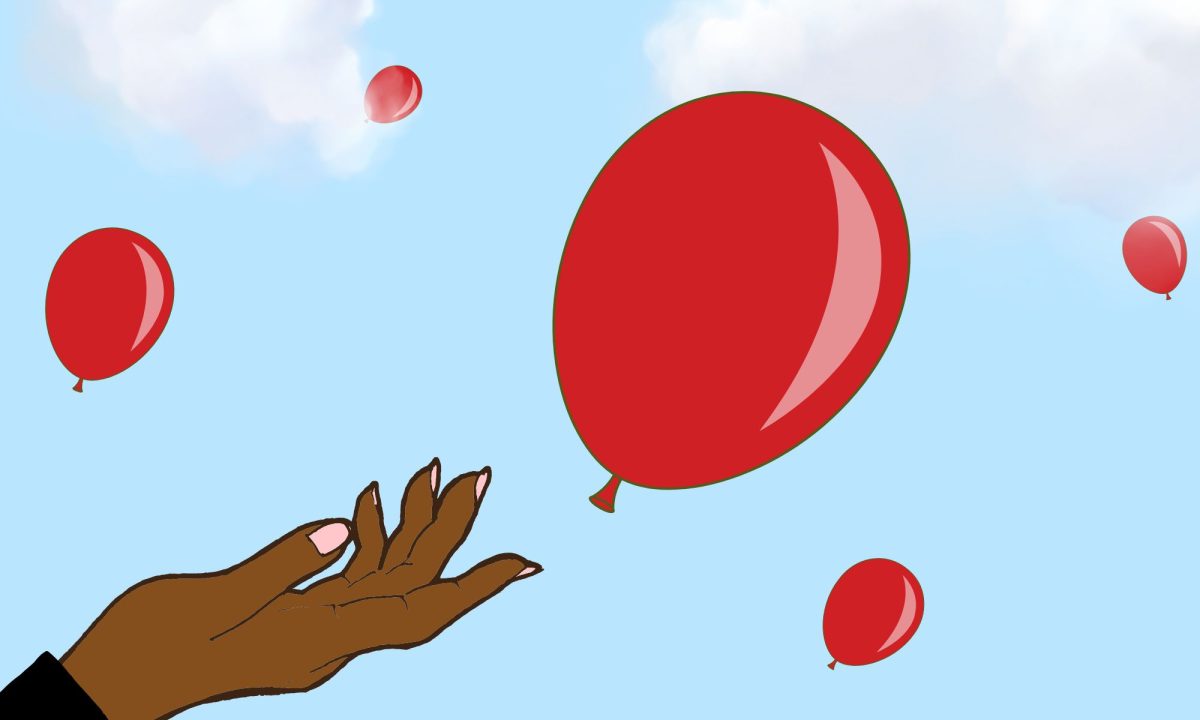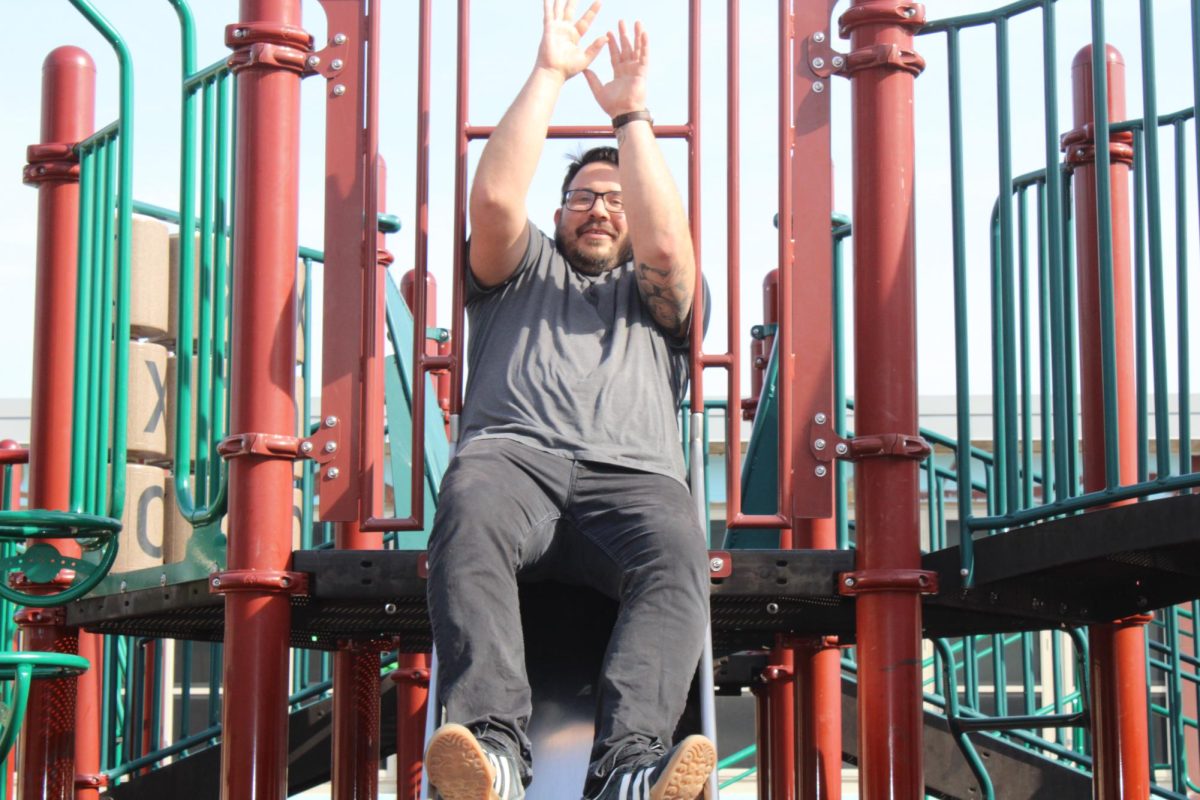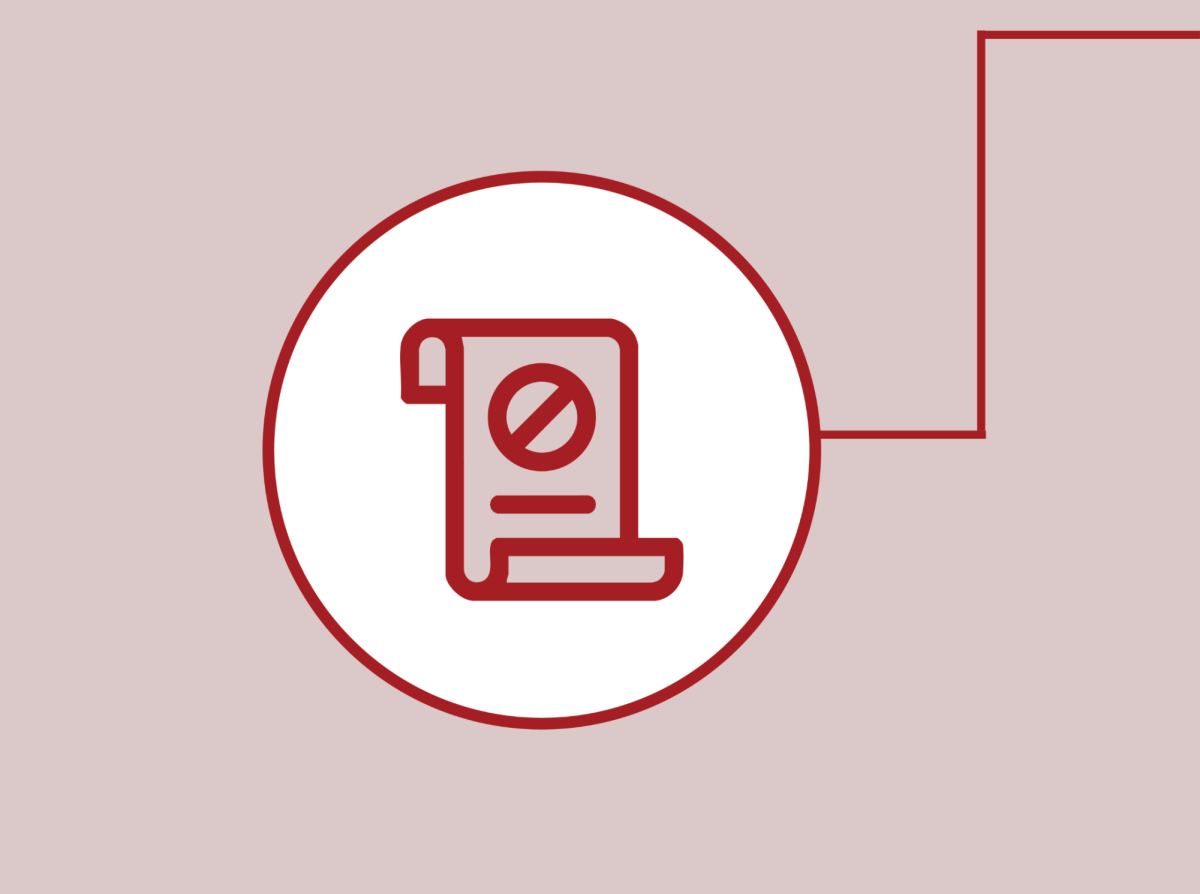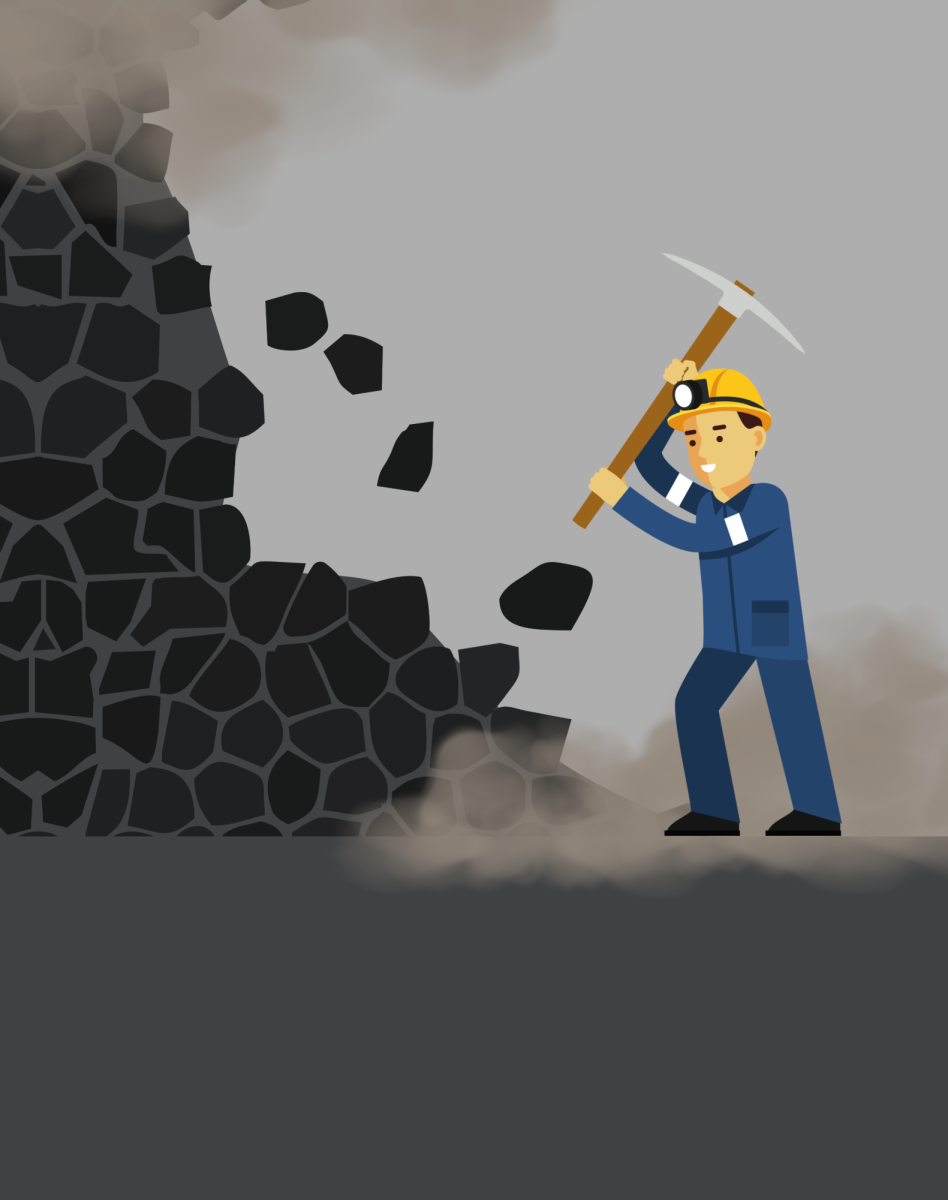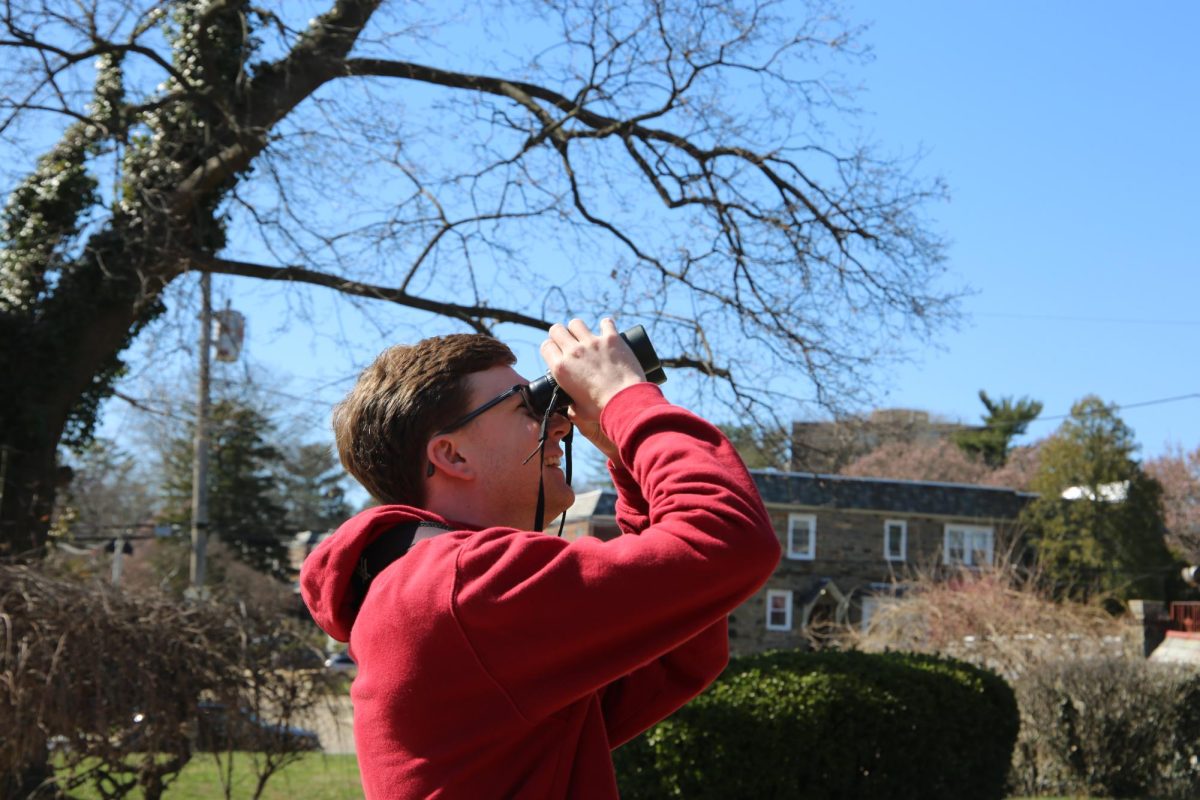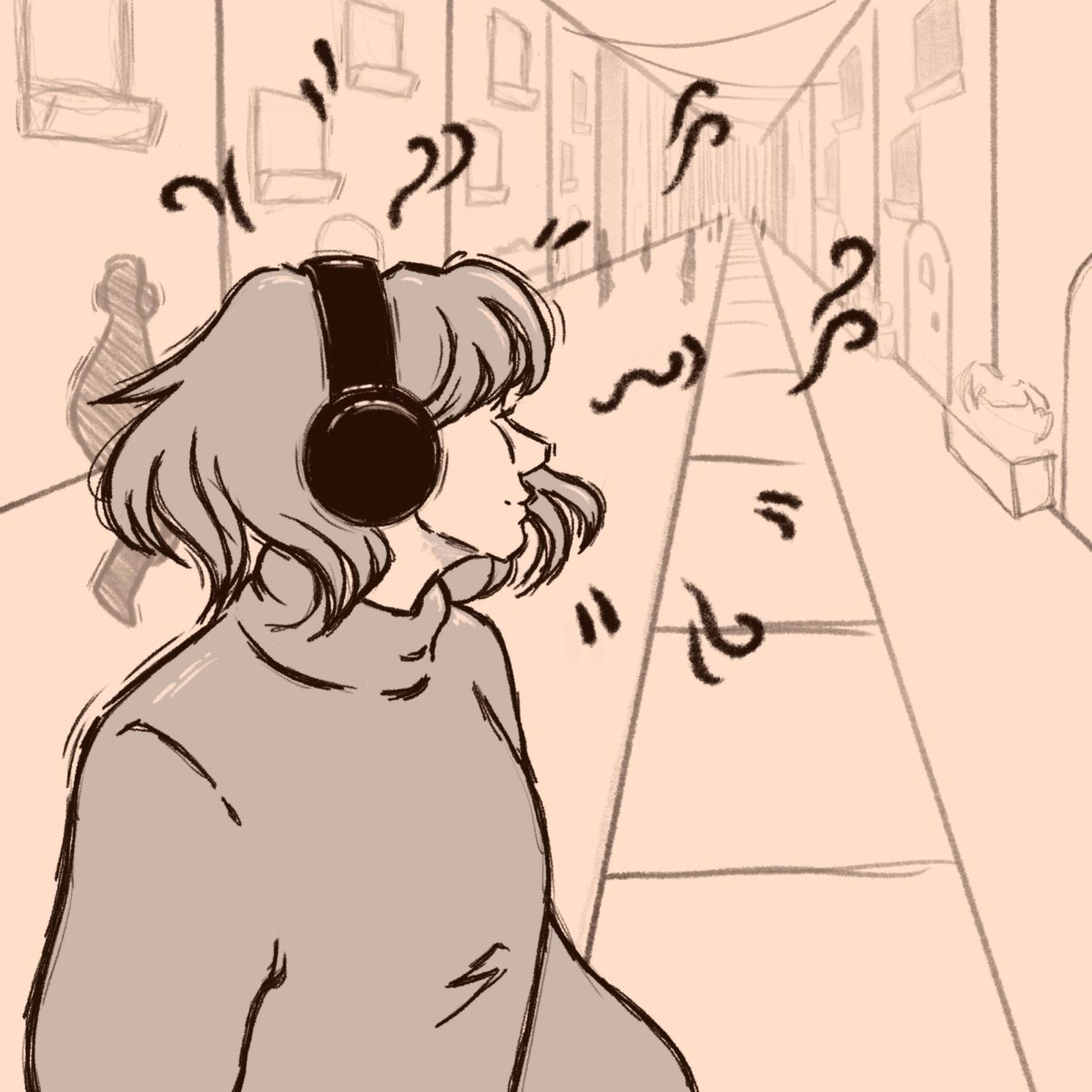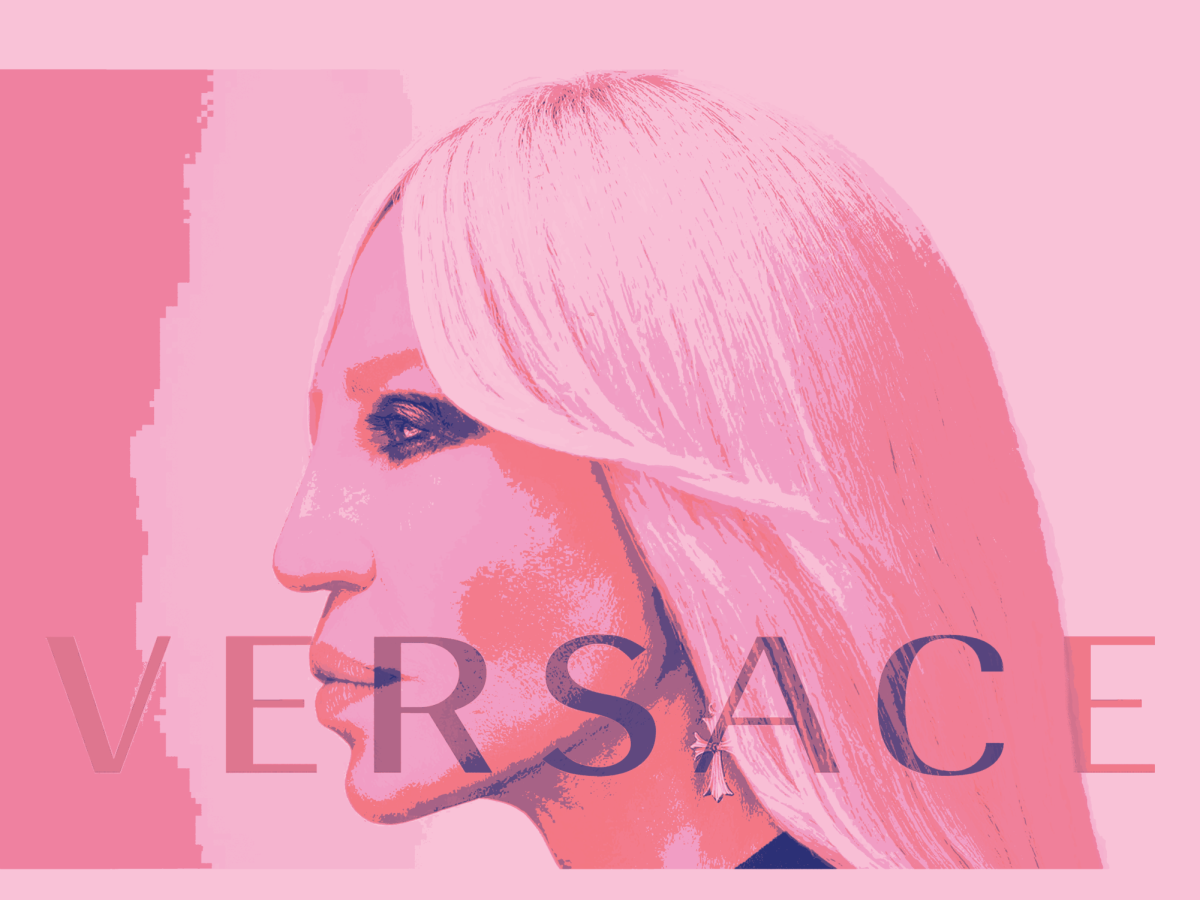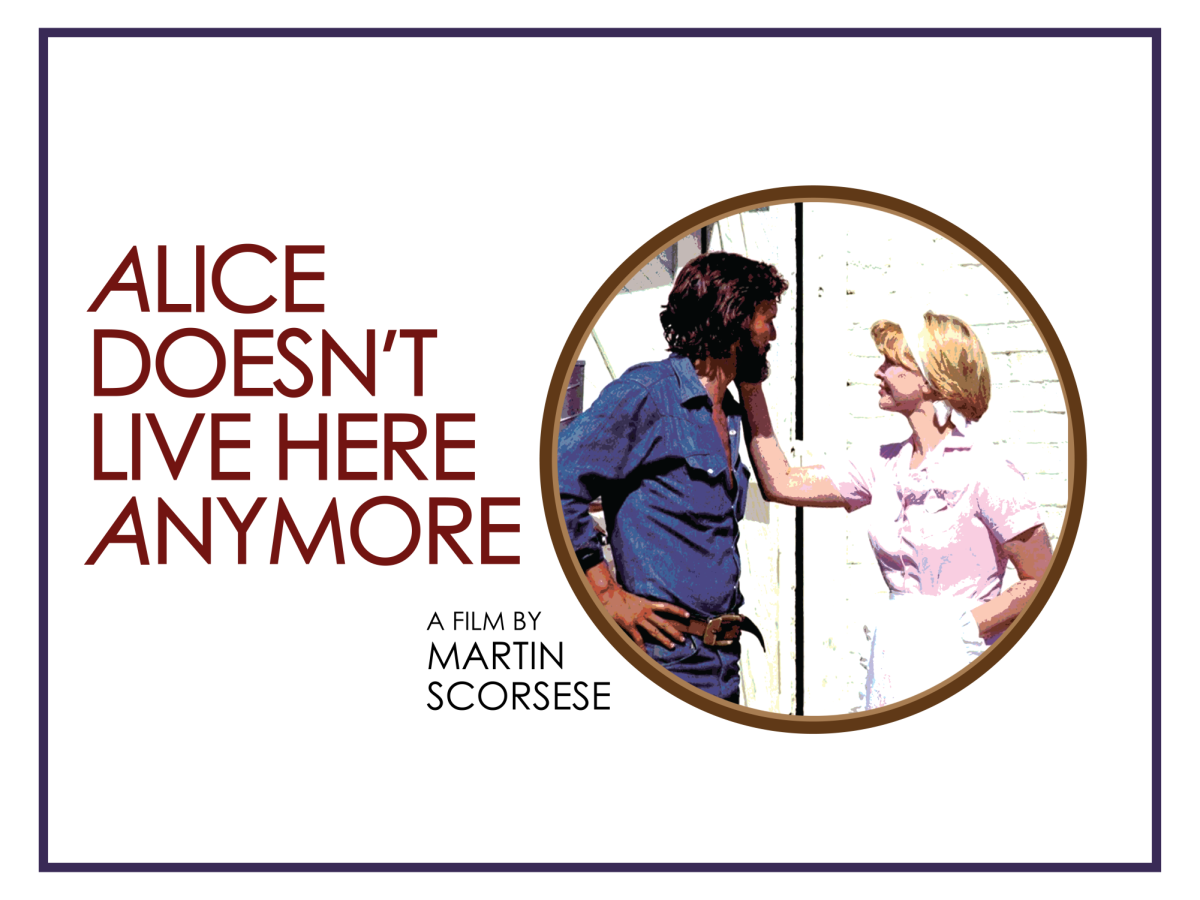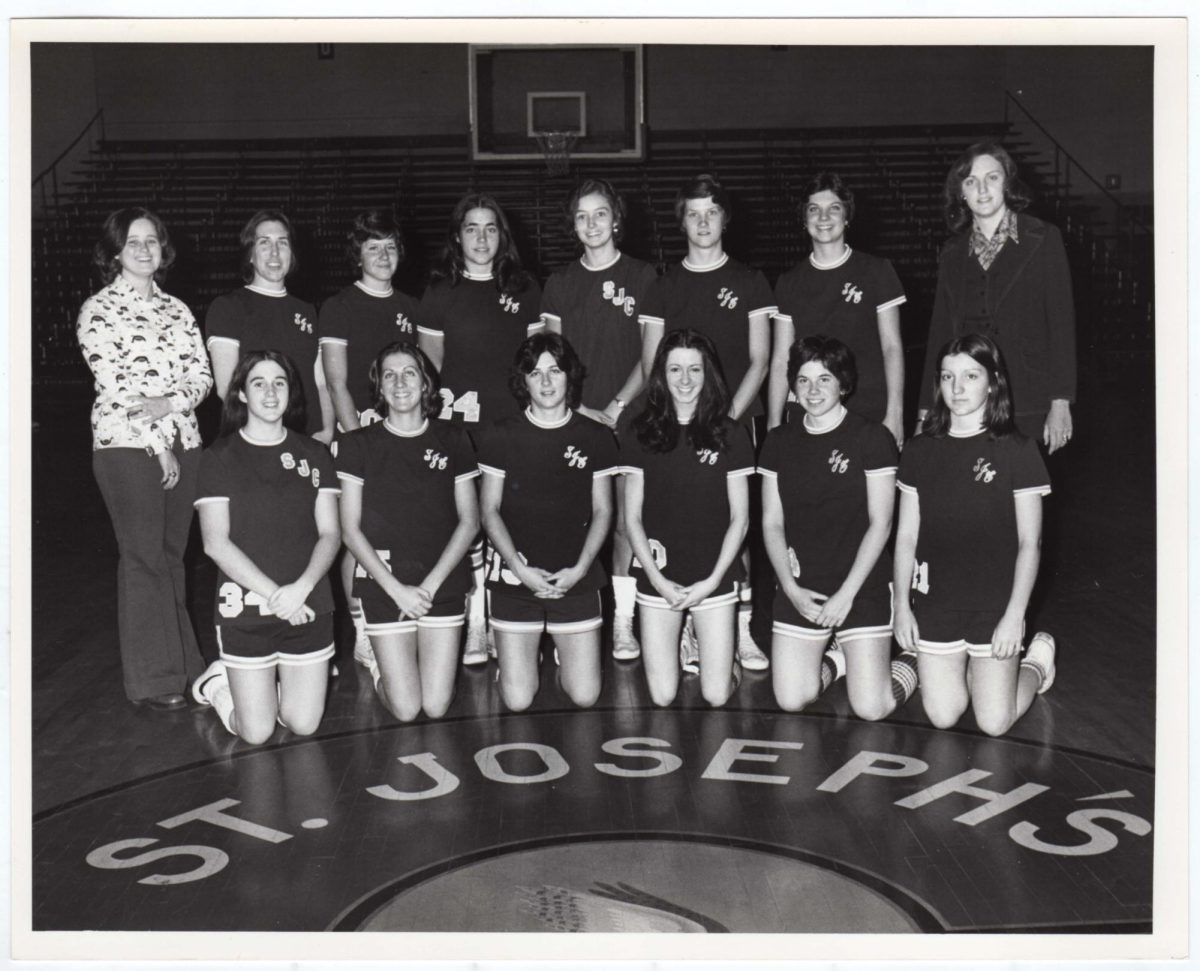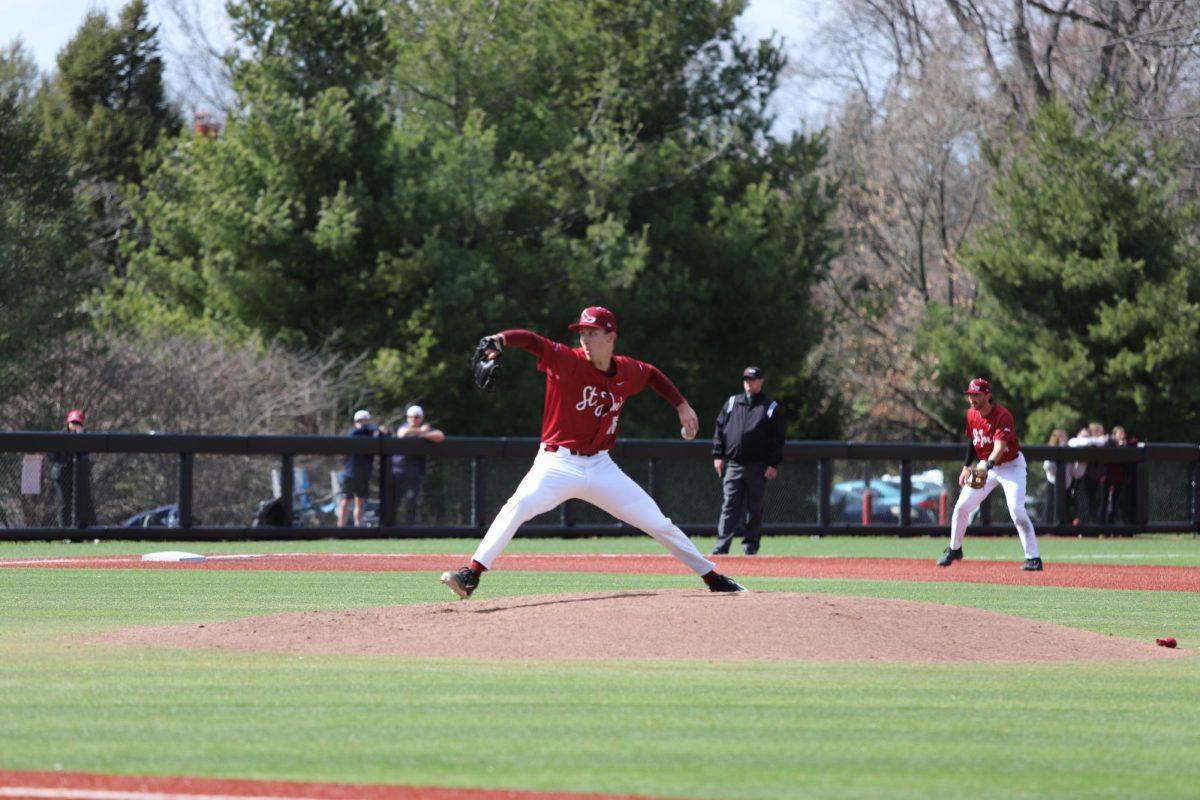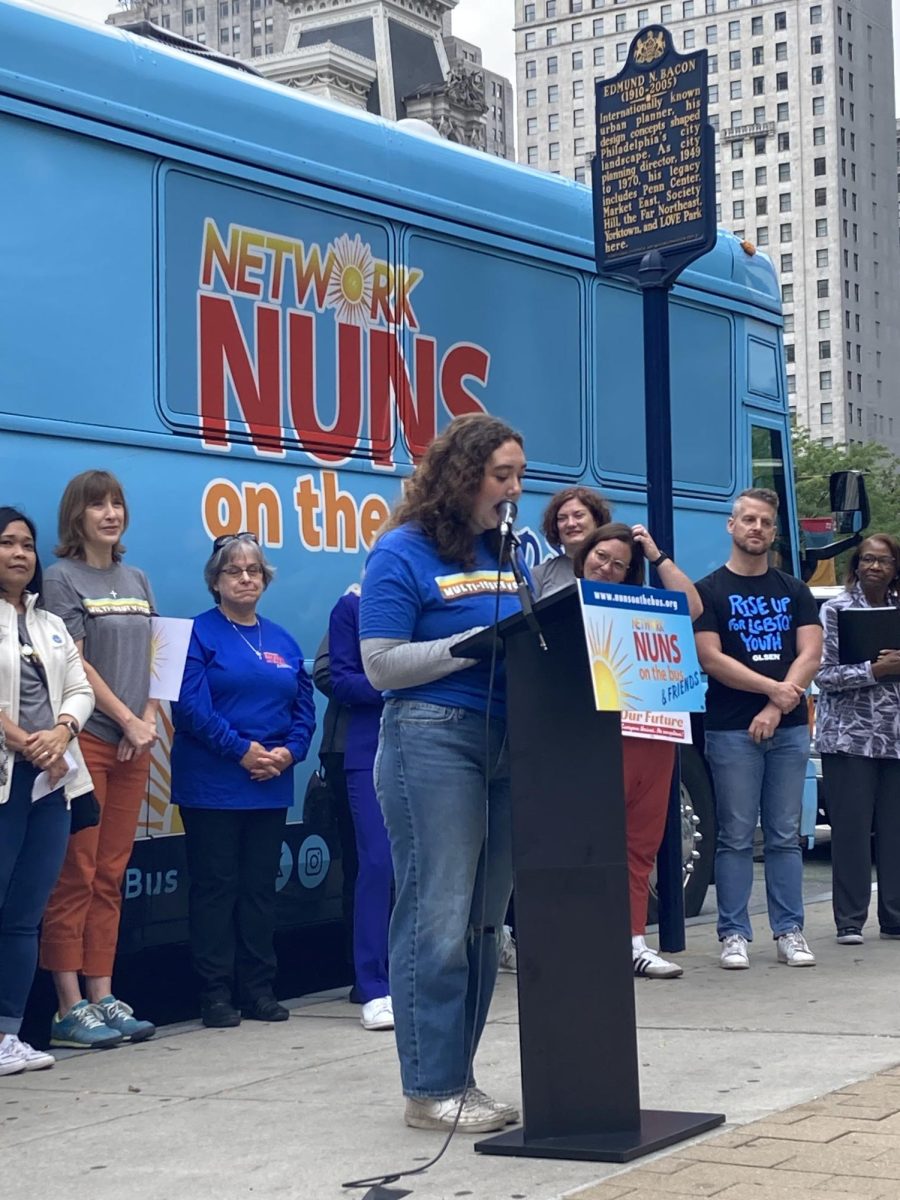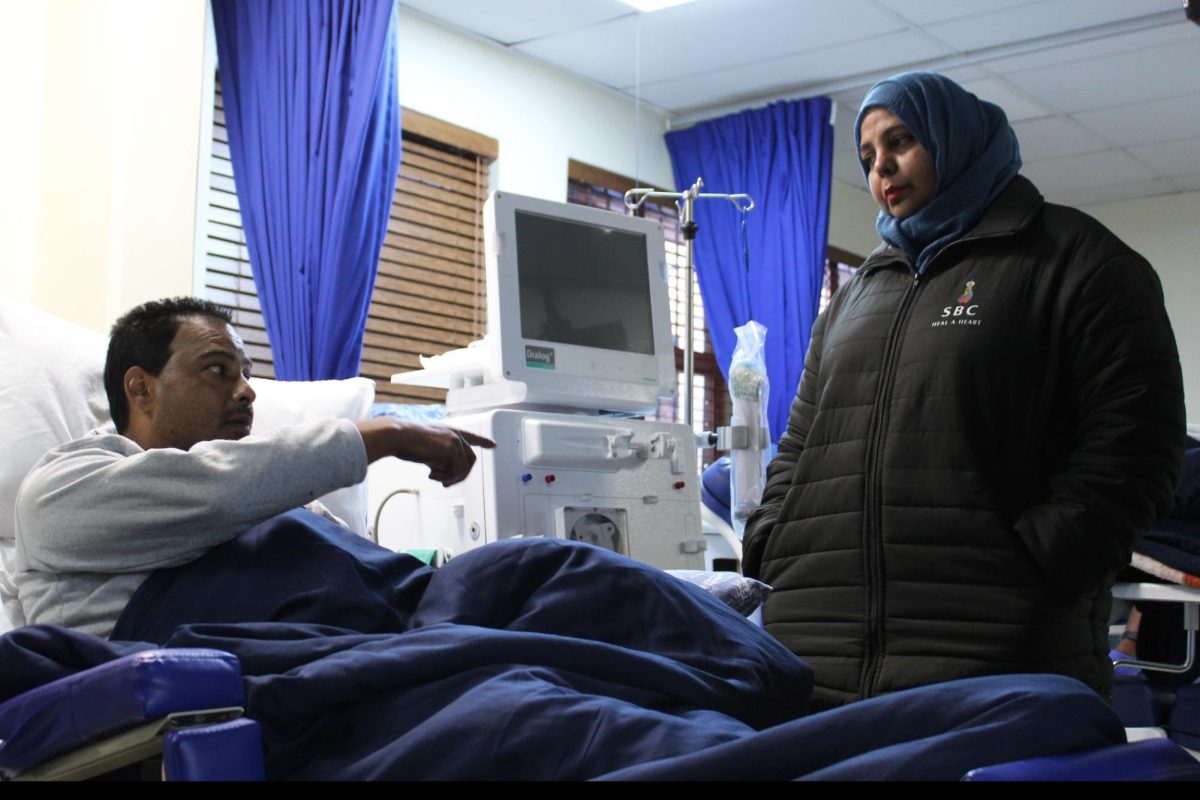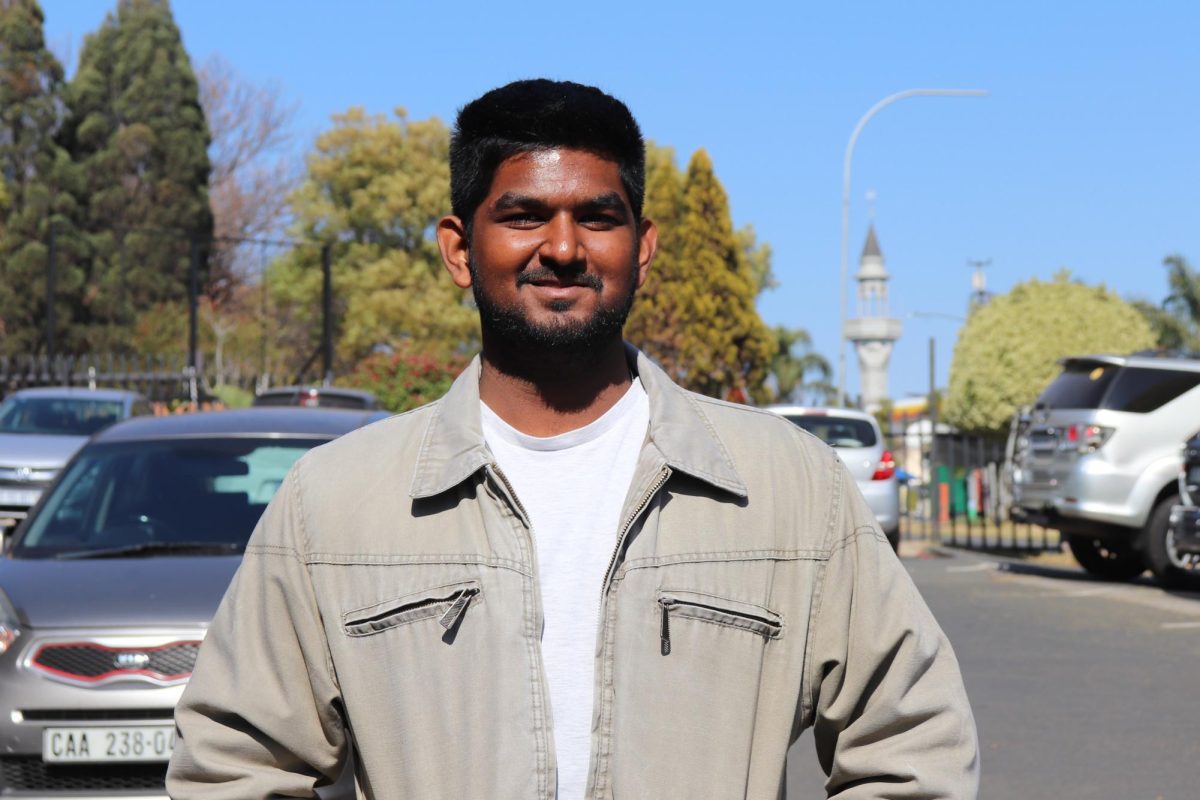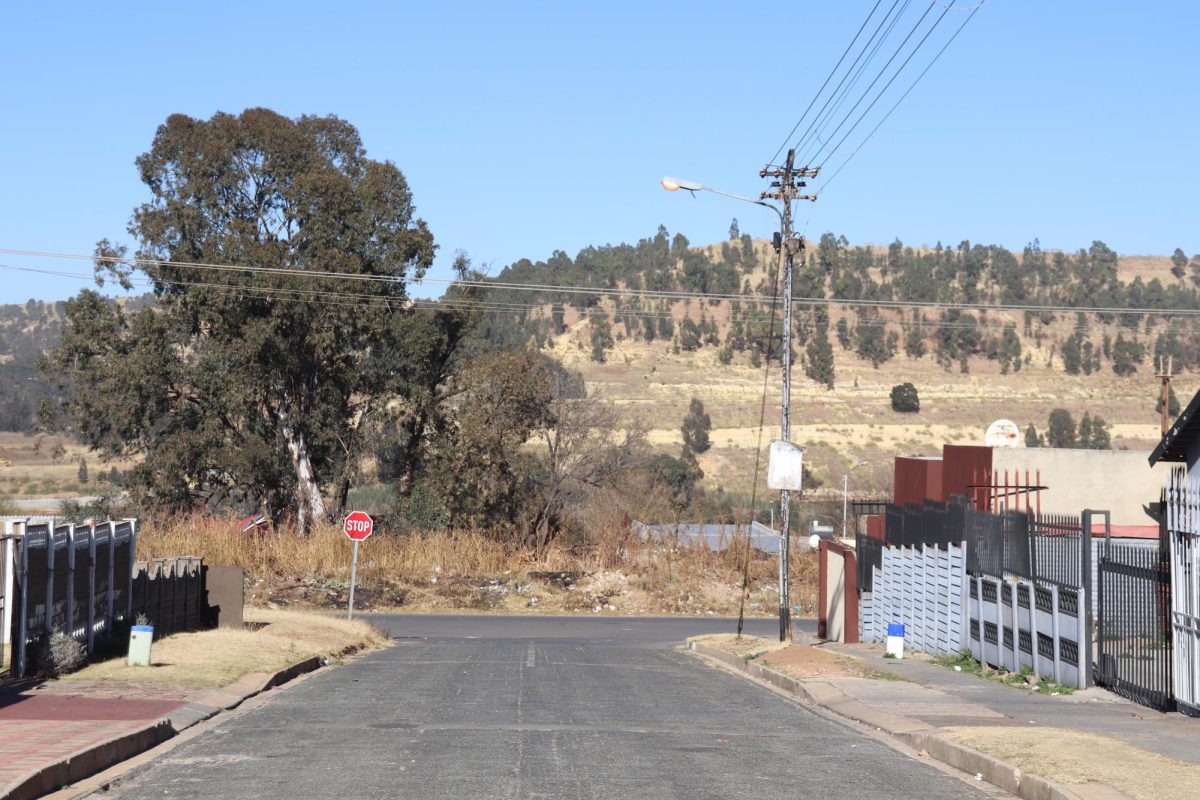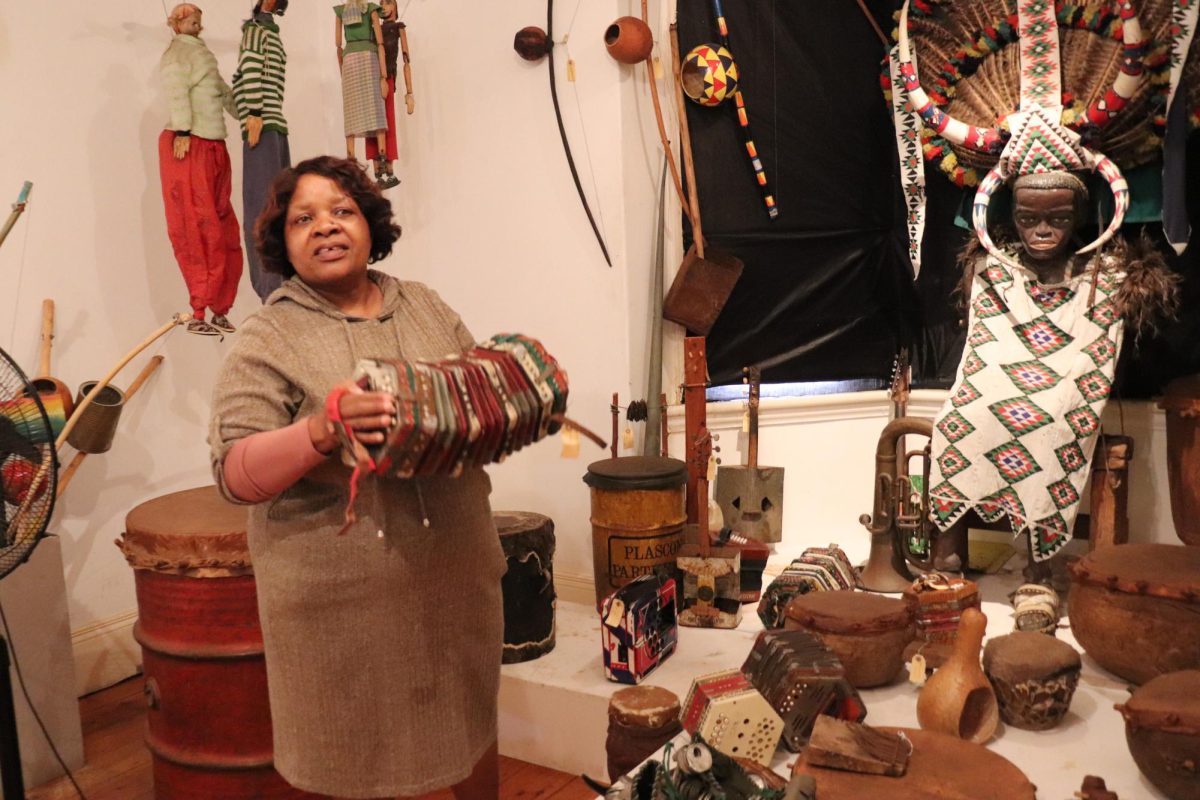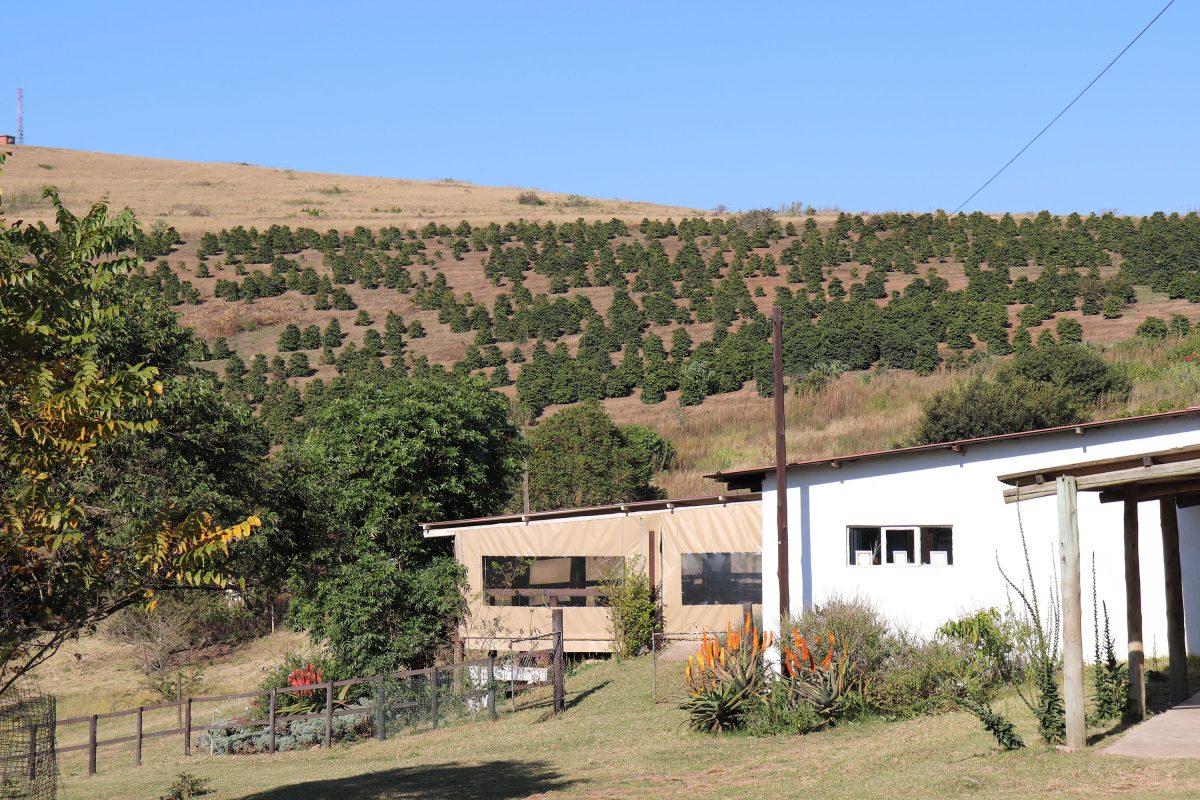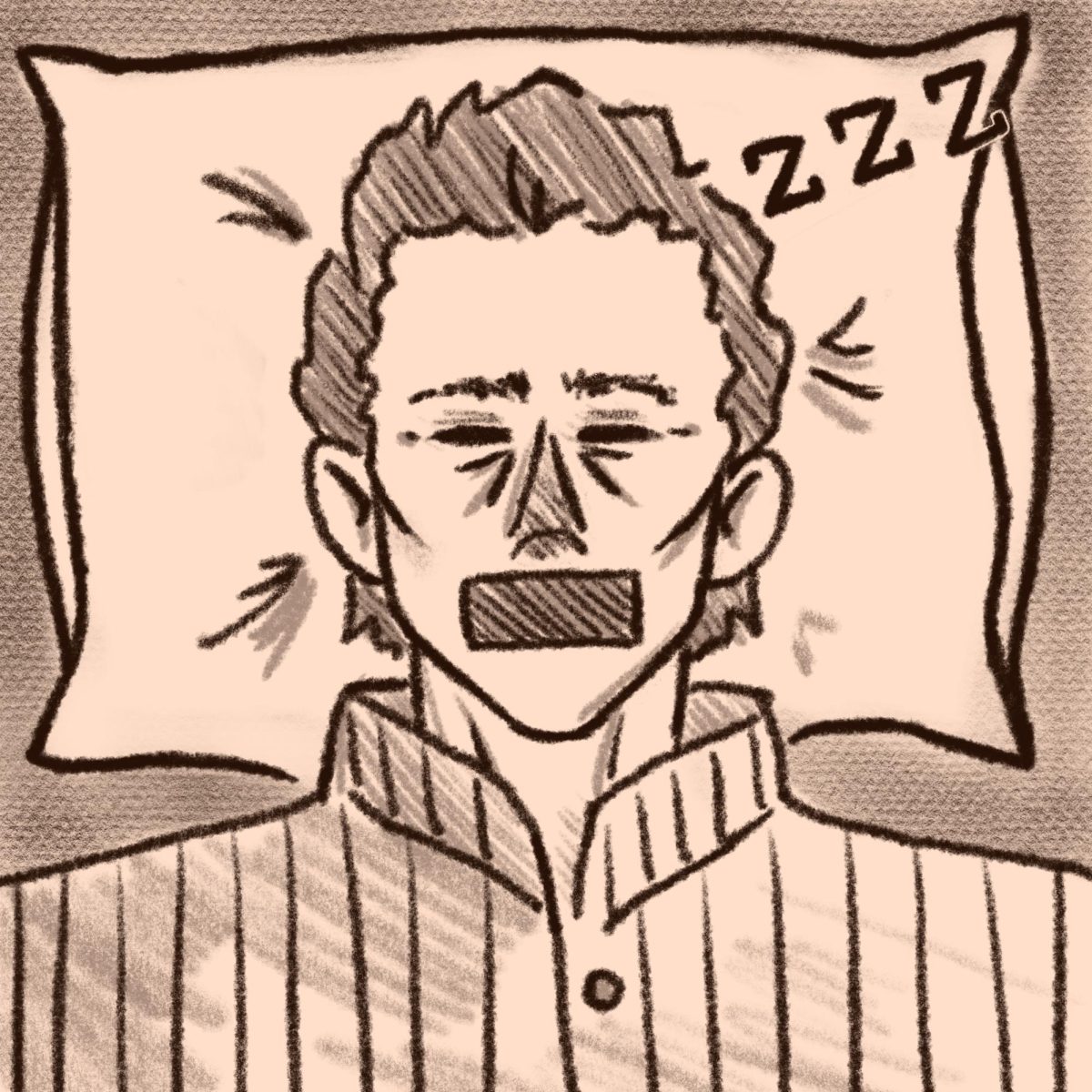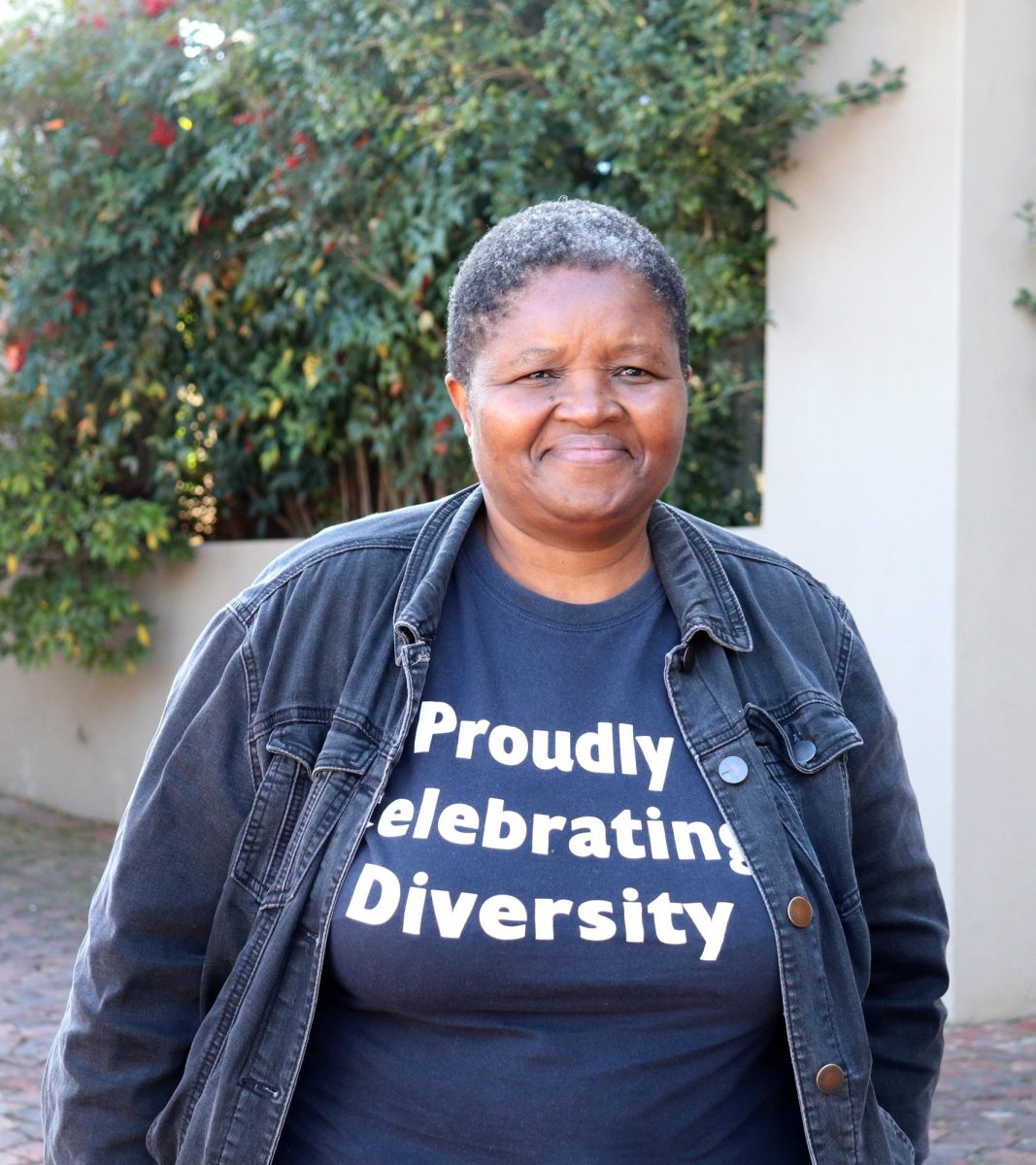Durban, South Africa — The seven-acre estate in Harrison Valley that Rick James purchased nearly 30 years ago came with neglected coffee trees scattered about its slopes. Its prior owner had injured his back and couldn’t manage climbing up and down the slopes to take care of the trees.
James wasn’t interested in the coffee trees anyway. When he moved to this scenic outer west suburb of Durban with his wife, Lesley, his intention was to push-start his career as a poultry farmer.
“I had a partner who had agriculture experience, so the deal was, I bought the property, he came with agriculture knowledge,” James said. “We started to do chickens, live chickens, which I didn’t like. And I started to look at the coffee because it was starting to bean. Then the partnership fell apart. He went, the chickens went, and we climbed into the coffee.”
James founded Assagay Coffee Farm in 1991, and the next year was fulfilling the company’s first order to Heidi’s Farmstall, a famous pit-stop along the national road to KwaZulu-Natal in the Durban area.
When James started Assagay Coffee Farm, there was only a single coffee farm in South Africa, Beaver Creek Coffee Estate, located in Port Edward, a small resort town on the south coast of KwaZulu-Natal. Most South African farmers considered that to be more than enough attention on the tropical coffee plant in their sub-tropical country, James said.
“Nobody grew coffee in South Africa, or very few people, so there was very little knowledge around it,” James said.
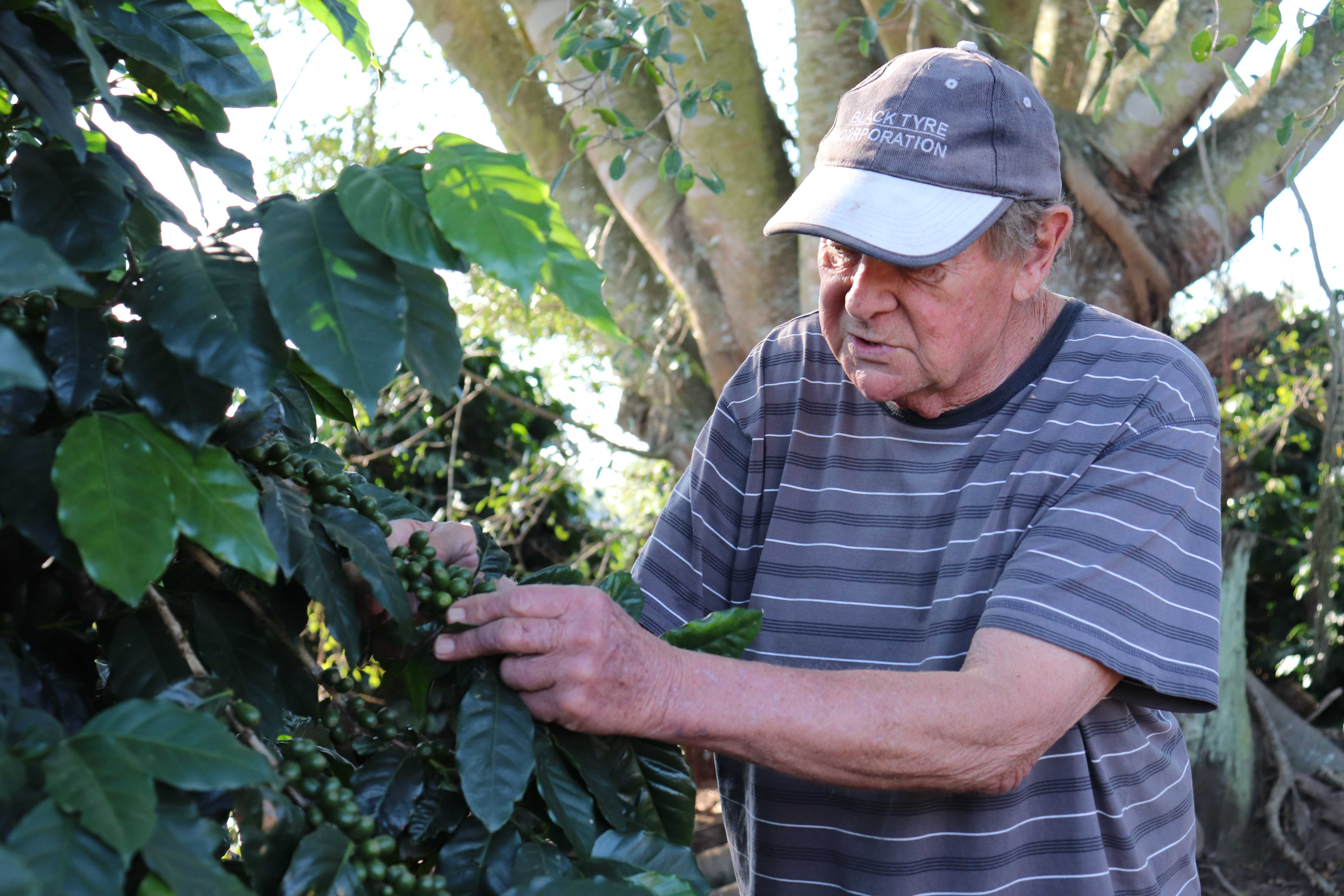
The early years were a struggle for James, who taught himself how to farm the coffee trees.
“We sold our first crop of green coffee, which took about two years for us to get paid for, and it was very little money,” James said. “We said, ‘No, no, no, this is not going to work.’ So we bought a roaster, and we started to roast ourselves. And then sell it out.”
Part of the challenge was convincing South Africans to forego their love of instant coffee, prepared by stirring dried coffee extract with hot water or milk, for fresh coffee beans. Some of the most popular instant coffee brands in South Africa are made by Nescafe, Frisco and Jacobs Douwe Egberts.
“When we started, we battled to sell coffee, filter coffee, because people still believed that instant coffee was the way to go,” James said. “We’ve just had to hang in, and hang in, and hang in. But now we are selling like crazy.”
In 2002, James moved his company to a 100-acre farm in Harrison Valley, a mountainous halfway point between Pietermaritzburg and Durban. He now grows and picks from around 30,000 coffee trees.
“Coffee culture is catching on,” James said. “People know that to grind it every day is better than buying and storing it. The flavors are better, things like that. It’s been a huge growth in the coffee industry, massive. There’s a lot of coffeeholics around.”
For Erina Nigrini, founder of AfricaBlack Roastery and Espresso Bar in Johannesburg, the South African penchant for instant coffee also made her company an outlier when she started it in 2003.
“There was hardly any specialty coffee available then in South Africa,” Nigrini said. “You literally had to try to get somebody to change from instant coffee to filter coffee.”
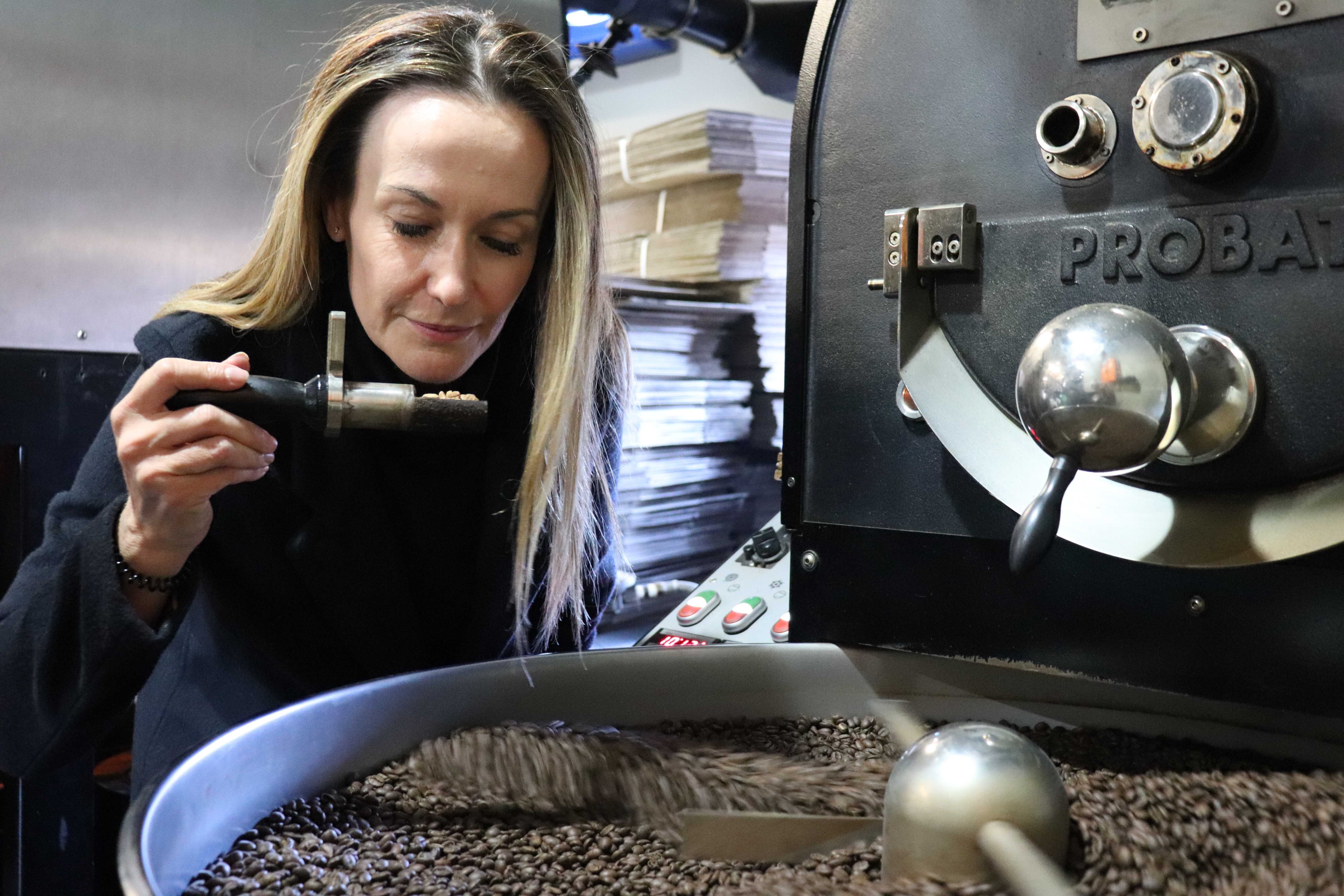
Even Debbie Main, a barista trainer and roaster at AfricaBlack, said she was once convinced that instant coffee was top quality.
“Before I started working here, I thought I drank good coffee because I drank Jenkins,” Main said. “It’s a green label instant coffee which is one of the slightly more expensive coffees. So I thought I drank good coffee because of that.”
Nigrini said she has noticed a shift from instant coffee to filter coffee in the last decade. Filtered coffee, popular in the United States, is made by pouring hot water onto ground coffee beans.
Why the sudden breakaway from instant coffee? Now more than ever, there are accessible outlets for education on coffee in South Africa, Nigrini said. That was not the case just a couple of years ago. In fact, when Nigrini was starting out in the business, she said her only option for professional training was in Atlanta, Georgia, where she attended an annual expo sponsored by the Special Coffee Association of America (SCAA).
“In South Africa, there was not one barista school,” Nigrini said. “There was not one roastery that would allow you to go into their restaurant to see. I went to SCAA and learned everything I could. I did my first coffee course, I did my first barista course, and I did my first roasting course because it was not available in this country.”
Mindful of her own difficulties, Nigrini now offers barista classes in the AfricaBlack facility.
“I think if we want to grow our industry, we have to educate our industry,” said Nigrini. “For us, every time we teach a new person how to make coffee and we get them passionate about it, they are going to put their passion onto somebody else. It’s tweaking people’s ways of making coffee that can better their coffee.”
James also is working to educate people about coffee at the Assagay Coffee Farm. He offers educational school tours, guiding students through the coffee growing, milling and roasting process at the farm.
“I figured if I could do school tours, I could maybe turn some of those kids that didn’t know what they wanted to do to become [coffee] farmers,” said James.
Emmanuel Chimkoko, coffee specialist and owner of Java Shots Coffee, a coffee stand in the bustling Rosebank Sunday Market on the roof of the RoseBank Mall in Johannesburg, said he has noticed the growth of the coffee market in the past few years.

Customers seem to appreciate the specialty coffees he offers at his stand, Chimoko said, and take the time to sit down and enjoy a caffè mocha, latte, Americano, espresso, or, the most popular drink at the stand, a cappuccino.
“The coffee culture is changing because a lot of people now are starting to understand coffee,” Chimkoko said. “The younger generation is getting more knowledge on it.”
Nigrini and Main have also found that younger coffee drinkers are driving the market for fresh coffee. But these drinkers also are practicing what Main describes as “coffee with a conscience,” wanting to know where the coffee beans are sourced.
“To know you are drinking coffee from Rwanda, from a coffee estate from a woman who only has female employees, I think that makes it special,” said Nigrini, referring to the growth of women coffee producers in that African country. “It’s nice to know you are supporting somebody and you can help uplift their lives.”
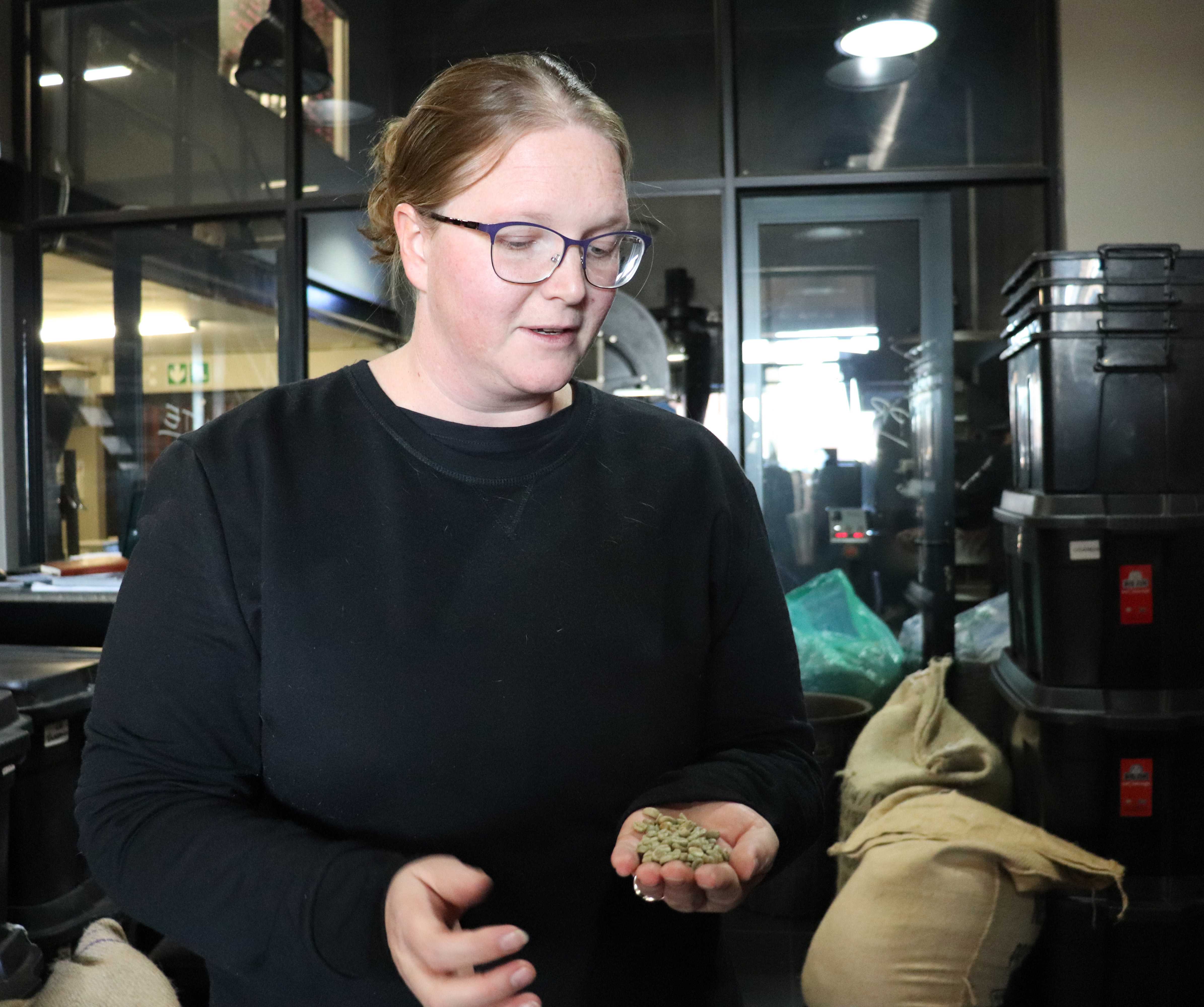
Still, with the only two established coffee farms in the country, the South African coffee bean is not easily accessible to be brewed in the country’s independent coffee shops, according to Nigrini.
“[The estates] are extremely limited with the amount of coffee they produce,” Nigrini said.
Nigrini herself does not roast or sell South African coffee beans. Instead, she produces an African blend, a dark roast with Uganda and Rwanda origins with rich berry acidity, a dark chocolate finish and notes of caramel and stone fruit. Her roastery’s most popular blend is the Vintage Blend, a medium to dark roast that mixes Central American and African beans.
That reflects the popularity of African coffee in general, Nigrini said.
“In terms of African coffees, worldwide it is very popular, and it’s a huge trend to drink African coffees,” Nigrini said.
For now, farmers like James are doing their best to feed the market with native beans. Global warming may be helping. James said his beans now survive the winter season in South Africa, from June to August, rivaling coffee countries like Brazil and Vietnam where, because of tropical climates, coffee can be grown year-round.
“Back then South Africa was considered sub-tropical, and we were told that coffee wouldn’t grow here,” James said on a warm winter day in late June. “Global warming is changing the seasons. These beans shouldn’t be growing right now. We’ve been told that we are getting tropical.”

